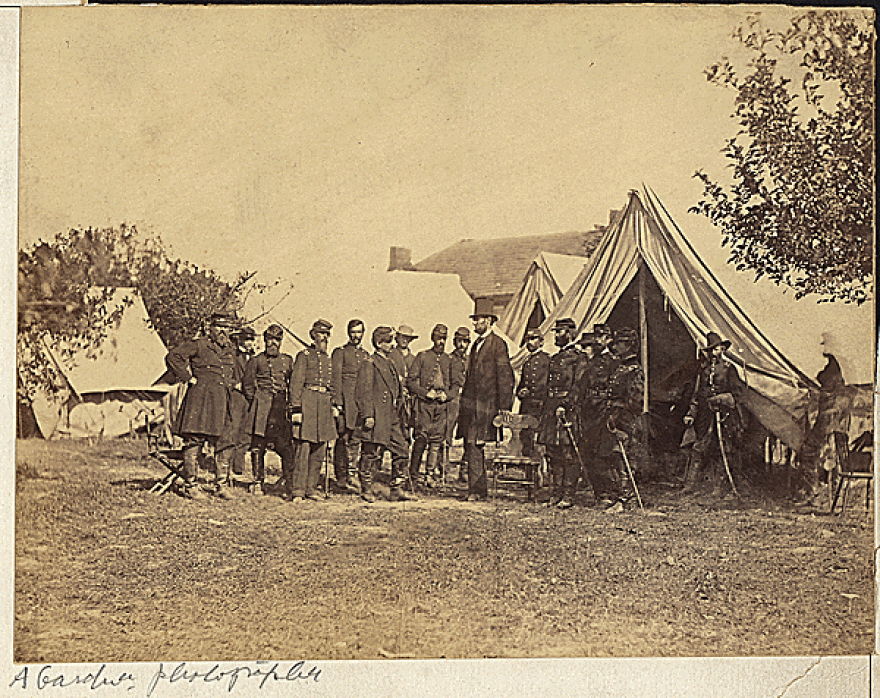Closing out this special series on the Civil War, we learned about three men whose gravestones are at the far Diamond Head corner of the O‘ahu Cemetery.
Historian Nanette Napoleon told us about a Native Hawaiian soldier who fought for the United States Colored Troops; a Hawai‘i son who died in the Caribbean and remains buried there; and a rare confederate soldier.
Only one Native Hawaiian soldier who fought for the Union was buried at the cemetery. An American flag and Hawaiian inscription mark the gravestone of J. R. Kealoha, a private in the 41st United States Colored Infantry Regiment.
He died in 1877 but his grave remained unmarked until just a few years ago when Napoleon and others arranged for a marker.
There are records of other Native Hawaiians fighting in the war, but military recruiters often changed foreign names for official documents which makes tracking them a challenge.
A clue? Napoleon said a Native Hawaiian’s place of birth was usually listed as “Sandwich Islands” and their skin color as “dark” or “mulatto.”

Arthur Brown’s name can be found in a Nu‘uanu family plot, but his body remains where he died--halfway across the world in Bermuda. He died of yellow fever in 1864 while working in the Caribbean during the war, Napoleon said.
Thomas K. Clark (1839-1930) was the only Confederate Civil War veteran buried at the O‘ahu Cemetery, Napoleon said. Clark came to Hawai‘i because he heard the islands were a good place to work in the shipping industry. He married a Hawaiian woman and his ancestors live in Hawai‘i today.
Confederate soldier and staunch supporter of the south, Curtis Perry Ward was from a prominent Hawai‘i family but he was not buried at the same cemetery as the others. He and his wife Victoria Robinson Ward were buried at the Makiki Cemetery, according to Napoleon.
There is also a marker at the National Memorial Cemetery of the Pacific dedicated to those who served in the Civil War.
More Information:
- The Effects of the American Civil War on Hawai’i and the Pacific World | Link
- America's Civil War in the Pacific: Effects of the CSS Shenandoah Incident at Pohnpei Island | Link
- Hawai‘i at Home During the American Civil War | Link
This story aired on April 28, 2021.





